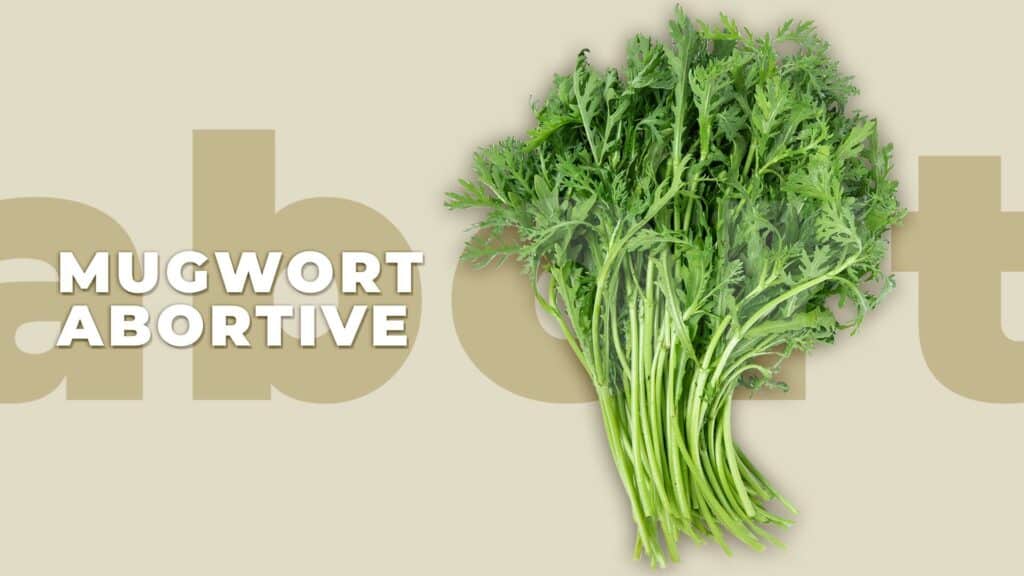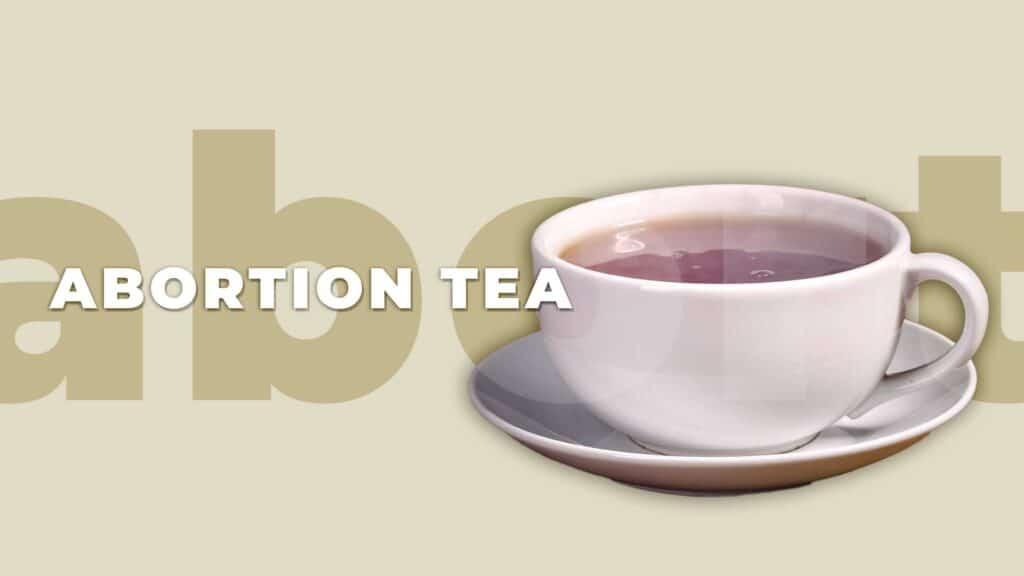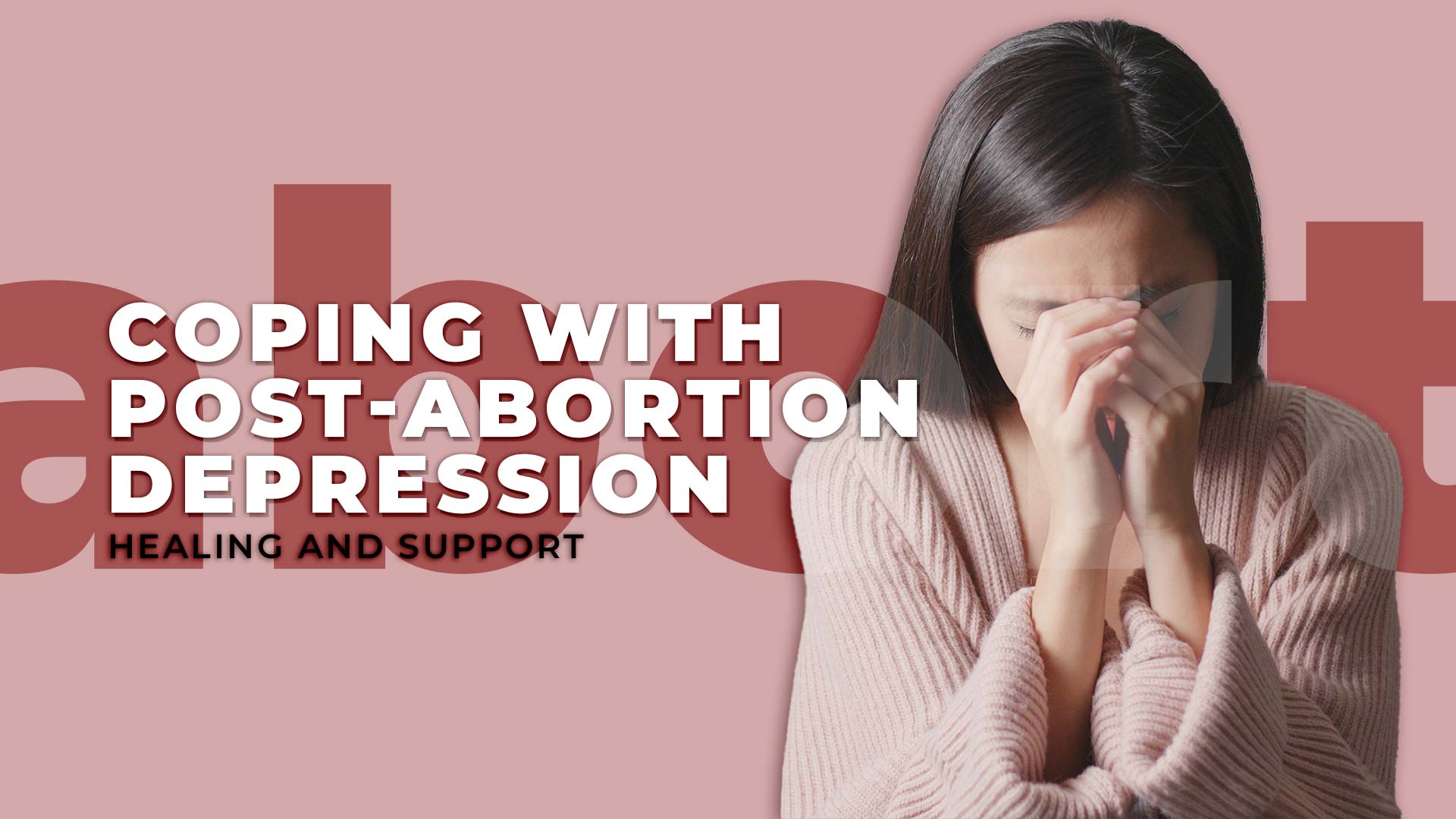Unintended pregnancy can be challenging to navigate, and knowing that you have options is essential. Even after the US Supreme Court decided to overturn Roe vs. Wade in June 2022, it is still possible to safely and legally end a pregnancy.[1] However, in the aftermath of this decision, some individuals have shared “advice” on social media on how to self-manage an abortion using “home remedies” that are not backed by research and may be dangerous.
Not all home remedies for abortion are created equal. While some treatments, such as FDA-approved medication, are safe and effective, others are not. For example, some people may turn to herbal remedies like pennyroyal, mugwort, black cohosh, or parsley or try physical exercises or self-injury to induce an abortion. Others may try over-the-counter medications like vitamin C, caffeine pills, birth control pills, or even alcohol and criminalized drugs.
Unfortunately, unsafe abortions are not uncommon. An estimated 56 million to 73 million abortions occur annually, and up to 25 million are considered dangerous. While self-managed abortion using FDA-approved medication is safe and effective, fear of legal repercussions and lack of access to providers prompt some people to attempt unsafe methods. These dangerous methods can lead to severe complications and even death.
Marginalized communities, youth, and those living in areas where abortion is criminalized are most likely to attempt unsafe methods. For example, a study found that people with uteruses who are not cisgender, including transgender men, genderqueer folks, and other gender-expansive people, reported a high interest in self-managing an abortion. Of the people surveyed, 19% said they attempted a self-managed abortion without aid. Methods included taking herbs, causing physical trauma, using vitamin C, and using drugs or alcohol.
Consider seeking safe alternatives and avoiding “home remedies” that may be ineffective or life-threatening. While some traditional remedies may be safe and effective, many are under-researched and inappropriate for everyone. Additionally, attempting to self-manage an abortion without proper medical guidance can be dangerous. If you are considering an abortion, it’s essential to consult a medical provider to discuss safe and effective options that are right for you.
Mugwort Abortive

Mugwort is a plant used traditionally for medicinal purposes, including as an abortifacient. Mugwort is commonly used in tea as a herbal remedy to induce periods and has been used for centuries to induce abortion. Mugwort tea is a herbal infusion made from the dried leaves and stems of the mugwort plant. It has been traditionally used for medicinal purposes, including as a natural way to induce abortion. Mugwort tea contains thujones that can stimulate the uterus and trigger contractions, possibly leading to abortion. However, limited scientific evidence supports its effectiveness as an abortifacient, and using mugwort tea for abortion is considered risky and potentially dangerous.
Furthermore, the use of mugwort is not regulated by any governing body, and its safety and effectiveness cannot be guaranteed. It is highly recommended that individuals seeking an abortion consult with a qualified medical professional who can provide safe and effective options for terminating a pregnancy.
Natural Ways For Abortion
Some natural remedies are said to aid in inducing an abortion.
- Parsley: Parsley is a herb used for centuries to stimulate menstrual bleeding and induce abortion. It contains high levels of Vitamin C and A, which facilitate the uterus and help regulate menstrual cycles. It can be consumed as a tea or added to your diet.
- Papaya: Papaya is another natural remedy that is said to induce abortion. It contains enzymes that increase the production of prostaglandin and oxytocin, hormones that play a vital role in labor induction. Eating ripe papaya or drinking its juice is recommended.
- Cinnamon: Cinnamon is a spice that is effective in inducing abortion. It can stimulate the uterus and increase blood flow to the pelvic area, which can cause contractions and eventually lead to a miscarriage. It can be consumed as a tea or added to your diet.
- Ginger: Ginger is another natural remedy that can help induce abortion. It contains compounds that can stimulate the uterus and promote menstruation. It can be consumed as a tea or added to your diet.
- Vitamin C: High doses of Vitamin C can stimulate the production of estrogen, which can lead to the thinning of the uterine lining and eventually cause a miscarriage. It can be consumed as a supplement or through foods high in Vitamin C, such as oranges, grapefruits, and kiwi.
These natural remedies are not scientifically proven and may be ineffective in inducing an abortion. They should not be considered a substitute for medical advice or treatment. Additionally, attempting to induce an abortion without proper medical supervision can be dangerous and potentially life-threatening. Seeking a professional medical opinion and guidance is crucial to ensure safety and effectiveness.
Abortifacient Herbs
Abortifacient herbs refer to natural plants that have been traditionally used to induce abortion or to terminate unwanted pregnancies. These herbs contain natural compounds that can stimulate contractions in the uterus, leading to the expulsion of the fetus. In simple words, these are herbs that cause miscarriage. It is important to note that the use of abortifacient herbs is not scientifically proven, and their safety and effectiveness are not well-established. Moreover, using these herbs for abortion is illegal in many countries and can be dangerous to one’s health if misused.
Some commonly known abortifacient herbs include:
- Pennyroyal: Pennyroyal is a mint-like herb used for centuries to induce abortion. The active compound in pennyroyal is pulegone, which can be toxic if consumed in large quantities. Pennyroyal oil is hazardous and can cause liver and kidney damage.
- Black Cohosh: Black cohosh is a plant that grows in North America and is traditionally used to relieve menstrual cramps and induce labor. Although no scientific evidence supports this claim, it is also believed to have abortifacient properties.
- Tansy: Tansy is a flowering plant used in traditional medicine for centuries. It contains thujone, a compound that can cause contractions in the uterus. However, tansy is also toxic and can cause seizures and liver damage if consumed in large quantities.
- Angelica: Angelica is a plant used in traditional Chinese medicine for centuries. It is believed to have abortifacient properties, but its safety and effectiveness must be well-established.
- Dong Quai: Dong Quai is a plant that grows in China, Japan, and Korea. It has been traditionally used to regulate menstrual cycles and induce labor. However, no scientific evidence supports its use as an abortifacient.
If you are considering an abortion, seeking medical advice and guidance from a qualified healthcare provider is essential. There are safe and legal ways to terminate a pregnancy, such as through medication or surgical abortion, which should only be done under the supervision of a medical professional. Moreover, using abortifacient herbs for abortion is not safe or recommended.
Abortion Tea

Abortion tea is a term used to describe herbal teas that some people believe can induce abortion. These teas are made by steeping certain herbs in hot water and drinking the resulting mixture. However, it’s important to note that no scientific evidence supports the claim that these teas effectively induce abortion. Drinking large amounts of certain herbs can be dangerous and even toxic.
Some of the herbs commonly used in abortion teas include:
- Pennyroyal: This herb is often cited as a natural way to induce abortion, but it is highly toxic and can be fatal if ingested in large quantities.
- Tansy: Tansy is another herb often used in abortion teas, but it can cause liver damage and other serious health problems.
- Black Cohosh: This herb has traditionally been used to induce labor, but no evidence supports its use as an abortifacient.
- Blue Cohosh: Like black cohosh, blue cohosh has been used to induce labor but is not an effective abortifacient and can be harmful.
- Mugwort: This herb is sometimes used in traditional medicine to regulate menstruation, but it is not an effective abortifacient.
Attempting to induce abortion with herbal teas or other home remedies can be dangerous and potentially life-threatening. If you are considering ending a pregnancy, talking to a healthcare provider is the best way to determine the safest and most effective method for your circumstances.
How Effective Are Home Remedies For Abortion
Home remedies for abortion are generally not effective and can be dangerous. Many alleged “abortion home remedies” are under-researched, and some may be ineffective at best and life-threatening at worst.
Herbs and teas, physical exercises, self-injury, over-the-counter medications like vitamin C, caffeine pills, birth control pills, alcohol, and criminalized drugs are some common “abortion home remedies” that people try. However, little scientific evidence supports their effectiveness, and some of these methods can lead to severe complications or even death.
The most effective and safe way to terminate a pregnancy is through medication or surgical abortion, which a licensed healthcare provider should perform in a clinical setting. Self-managed abortion using medication approved by the Food and Drug Administration (FDA) can be safe and effective, but seeking medical guidance and supervision is essential.
Moreover, attempting an unsafe abortion using home remedies can have severe consequences, including hemorrhage, infection, and damage to internal organs. In some countries, attempting or having an abortion outside the legal framework can result in criminal charges or imprisonment.
The Final Thought

Attempting to induce an abortion at home using unproven methods can be extremely dangerous and is not recommended. There are no safe or proven home remedies for abortion before one month of pregnancy.
If you are pregnant and considering an abortion, seeking medical care from a qualified healthcare provider is essential. They can provide accurate information about your options and help you make an informed decision about your pregnancy. Safe and effective abortion care is available, and it’s important to access it through the appropriate channels.
Moreover, The MTP (Medical Termination of Pregnancy) Kit is a combination of two medications, mifepristone, and misoprostol, that are used together to induce a medical abortion. It is considered one of the effective methods to safely terminate a pregnancy, especially in the early stages (up to 10 weeks). The MTP Kit is an effective abortion method, with a success rate of around 95-98% when used as directed. It is non-invasive, does not require anesthesia, and can be done in the privacy of the patient’s own home.





